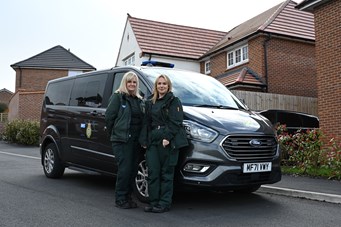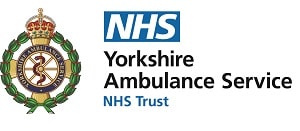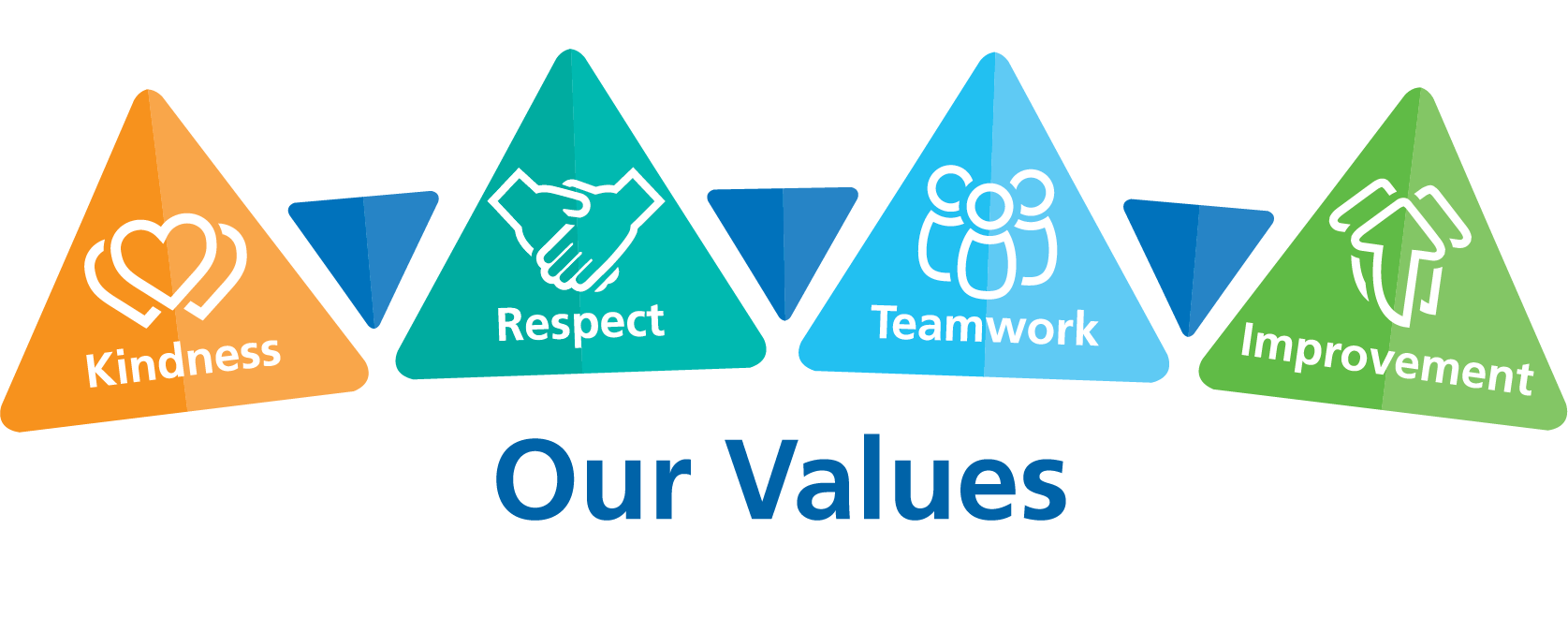Mental Health Awareness Week
15 May 2023

It's Mental Health Awareness Week from 15-21 May 2023 and to mark the event we will be looking at ways to manage anxiety as well as focusing on some of the work we are doing to support our patients in a mental health crisis.
There are lots of reasons why we feel anxious. It can be connected to a job, relationship, social situation, how we feel about ourselves, or a change in our life.
If we don’t know how to cope with our feelings of anxiety, they can get out of control and stop us from doing the things we need or want to do. The more often and the longer we feel anxious, the more it can become a problem.
There are some things we can do to manage these tough feelings.
1. Focus on your breathing - when you’re having anxious thoughts try focusing on your breathing, concentrating on the feeling of your body as you breathe in and out.
2. Get moving - exercise is a good way of dealing with anxiety. It doesn’t have to be vigorous; try some gentle stretches, yoga, or seated exercises. Or just go for a walk.
3. Keep a diary - taking the time to keep a record of what’s happening in your life and how it’s affecting you can help you understand what is triggering your anxiety.
4. Challenge your negative thoughts - anxiety can lead us to think about things over and over again in our brain. This is called ‘rumination’. When you catch yourself ruminating try to write down the thought and to challenge it. Is what you’re worrying about likely to happen? Are you being realistic? Have you had similar thoughts which have not turned into reality? This can make it easier to challenge the thoughts and stop them from overwhelming you.
5. Get support for money worries - A common cause of anxiety is money. If you’re worried about not being able to pay bills, are struggling to repay debt, or aren’t sure if you can cover your family’s living costs, seek help.
6. Spend time in nature - It can help us feel calmer and less stressed. This can be as simple as tending some flowers in a window box or going for a walk in the woods.
7. Connect with people and talk about how you feel - If you’re able to talk to people about how you feel, it can help to reduce your anxiety. Sometimes saying what’s worrying you out loud can take away its power over you.
8. Try to get some quality sleep or rest - resting and having a good night’s sleep is hard when your head is full of worries but there are some things that can help.
9. Try to eat a healthy diet - eating healthy food regularly helps us to regulate our blood sugar and gives us the energy we need to live well.
Find out more on the Mental Health Foundation website here.
Mental Health Programme
Our mental health programme has been developed to ensure that patients who come into contact with our services receive the best quality of care.
The objectives are to:
- improve the confidence of our frontline staff in handling mental health issues
- improve patient experience and outcomes
- reduce unnecessary conveyance to emergency departments for patients who don’t need to be there
- relieve pressure on our double crewed ambulances.
There are many elements to this work including:
- Our dedicated Mental Health Response Vehicles – we currently have three vehicles and will be increasing this to nine over the next two years
- Increasing information and guidance available to our contact centre staff
- Enhanced training and education for our frontline staff
- Developing a Specialist Paramedic - Mental Health role to staff the Mental Health Response Vehicles and work in the Emergency Operations Centre to support people in a mental health crisis.
Partnership work is key to this programme and we are work closely with all three integrated care boards in the region along with voluntary and third sector organisations.

Produced by: Corporate Communications Department

